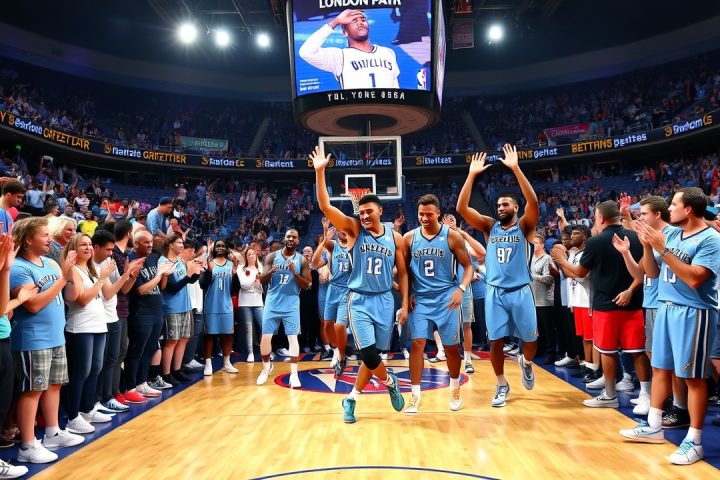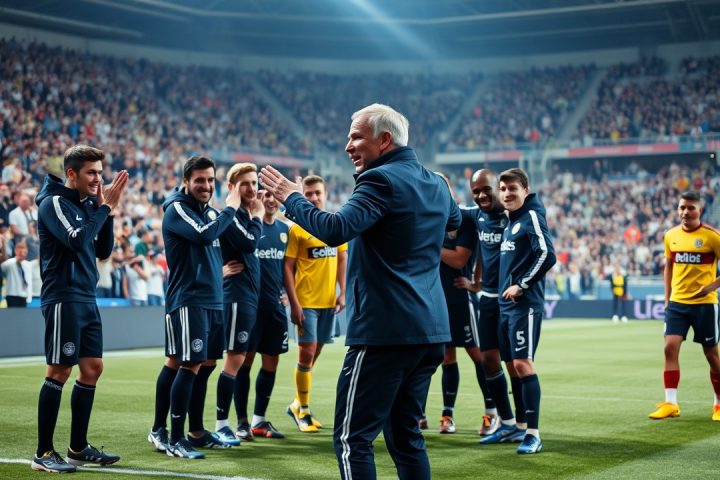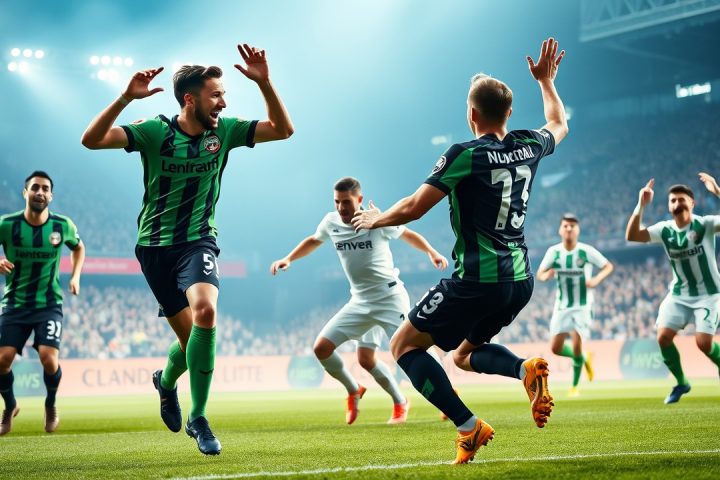The Unsung Heroes of Football Management
In the realm of football management, the roles within a coaching staff are often overshadowed by the limelight that bathes head coaches. While managers are the visible leaders — making significant tactical decisions and representing the team’s public image — the contributions of assistant coaches, or second-in-commands, are pivotal yet frequently unheralded. These unsung heroes, playing a variety of roles from tactician to confidante, operate behind the scenes, nurturing team synergy and supporting managerial strategies while often earning less recognition and pay than their more prominent counterparts.
The Importance of the Right Deputy
According to John Carver, an experienced assistant who has served under notable figures such as Sir Bobby Robson and Alan Pardew, the importance of having the right deputy alongside a manager cannot be overstated. His vast experiences across top clubs illustrate how a successful partnership can amplify a manager’s effectiveness while creating a more cohesive team. He likens the relationship to a well-oiled machine where each component, including the assistant, plays a crucial function.
Historical Partnerships and Modern Dynamics
The impact of assistant managers is exemplified through historical partnerships like that of Brian Clough and Peter Taylor, a partnership that delivered significant trophies to Nottingham Forest. Taylor’s ability to create a light-hearted atmosphere while simultaneously identifying player potential was instrumental in their triumphs. Modern parallels can be drawn with Pep Lijnders, who has moved from a successful tenure at Liverpool to assist Pep Guardiola at Manchester City, an arrangement believed to infuse fresh insights into City’s strategic play.
The Evolving Role of Assistants
With coaching dynamics evolving, the assistant’s role now encompasses an array of responsibilities, balancing on-pitch direction with emotional and psychological support for players. Carver notes that the assistant serves as a bridge between the players and the head coach, facilitating communication and often softening the blow for players receiving difficult news about their roles. This function is especially critical in maintaining harmony in the changing room, where morale can quickly shift if not managed effectively.
Stability Amidst Scrutiny
Amid the intense scrutiny faced by managers, particularly in today’s fast-paced football environment, the presence of a trusted and competent assistant can provide much-needed stability and insight. Legendary managers such as Sir Alex Ferguson often revitalized their teams not merely through player turnovers but by continually evolving their support staff, ensuring fresh ideas and preventing stagnation.
Collaboration and Success
Despite the immense pressures and challenges, including the transient nature of managerial positions evidenced by average tenures dipping to around 1.63 years, a strong collaboration with an assistant can significantly enhance a manager’s impact. By cultivating mutual respect and trust, assistant managers like Alan Shearer’s notable colleague, Tindall, showcase their value by amplifying the head coach’s vision while fostering essential relationships within the squad.
Conclusion
The complex dynamics between a manager and their assistant can therefore define a team’s success, reminding us that behind every effective lead is often a dedicated and strategic partner working diligently away from the spotlight. In essence, when managers and their assistants function as a unified force, the potential for success grows exponentially, presenting a daunting prospect for their competition.




